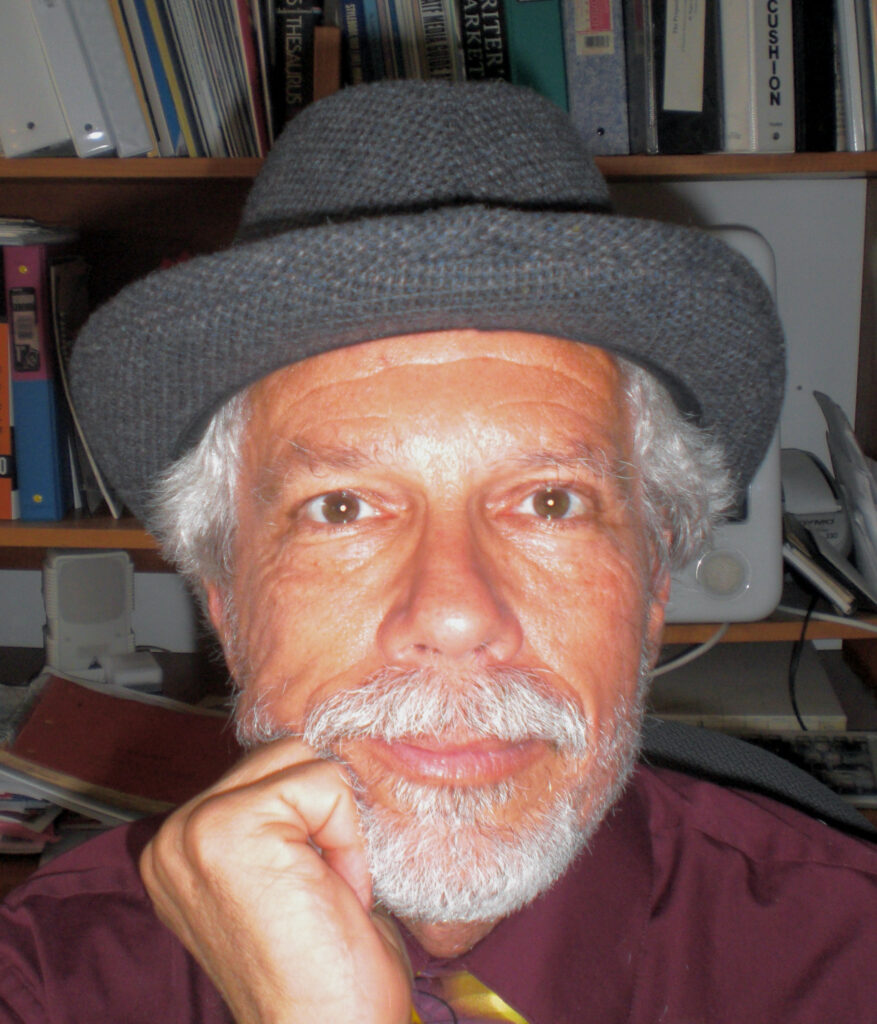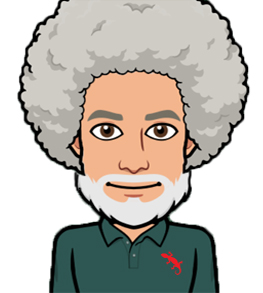
For nearly 20 years, TRL has been coached by Rick Lovett (who will answer to Coach Rick, but prefers just to be called Rick). Rick is a USATF level 2 USATF coach (with a specialty in endurance), with additional certification as a USATF Cross-Country Specialist. He is a USATF registered coach who has in three successive Olympiads taken TRL women to the USATF Olympic Team Marathon Trials (2012, 2016, 2022). He has also worked with elite athletes in the Boston Marathon, Chicago Marathon, Tokyo Marathon, CIM, Grandma’s, and numerous other races in the U.S. and Canada, but he’s also worked with track runners and road racers at all distances down to 800 meters.
He has also authored five books about running as well as 170 magazine articles for such publications as Runner’s World, Running Times, Outside, Peak Performance (UK), and even the science magazines like Science and New Scientist. The result gives him a unique background he can apply to adapt the latest elite training methods and scientific studies to runners of all abilities.
Several dozen of those articles are indexed on Rick’s own website, for those interested in learning more about his thinking. Meanwhile, he will use this corner of the TRL Website to post additional articles that he has written exclusively for TRL. There will also be sub-menus devoted to seasonal topics, such as track meets available to Lizards (and other post-collegiate runners), fall-cross country “Saturday on the Grass” workouts, and whatever other topics arise.
USADA Therapeutic Use Exemption (TUE) Pre-Check

Earlier in 2022, USADA invited me to take a continuing education session on doping control for masters athletes. Given the success of TRL in masters championships and the fact that USADA has developed a new, inexpensive blood testing protocol expected to vastly expand the number of athletes of all ages subjected to testing at races such as the Club Cross-Country Championships, I figured it might be a good idea to devote an afternoon to it.
I can hear many of you thinking this isn’t going to apply to me. Most likely, it won’t. But the fact is that if you go to a USATF championship event, you are subject to random testing, and the older you are, the more likely it is that if you get selected for testing you could get a nasty surprise. Want a few examples? Many blood-pressure medications are on the prohibited list. So is insulin, an issue for diabetics. As is tamoxifen—an issue for breast cancer survivors. There are plenty of others. More here…
The Race that Wouldn’t End

We called it the Twilight Zone Run. Not because it was run in the evening, but because it felt like an episode of the classic fantasy/science fiction TV show. Officially, it was the 1984 Rutabaga Run. It began beneath the steeple of a postcard-perfect church in small-town Wisconsin, descended to a river valley, and ran a series of farm lanes (where presumably they grew rutabagas). From there, it returned to the river and ascended the bluff to finish back at the church. A big loop, billed as a 20K.
It started well enough. The course was pleasant and well-marked. And while it was small, the race had a strong field. Back then, even small races could be surprisingly competitive. I once found one where the course record had been set by Alberto Salazar, decades before his fall from grace. I was having a good day, and at mile 12, starting the final ascent back up the bluff, I found myself challenging for a top-10 finish—not something I normally achieved.
I’m a good hill climber, so I closed the gap on the guy ahead of me, passed him decisively (remembering all the coaches who say, “When you pass someone, pass them like you intend them to stay passed”), and crested the hill, gearing up for the final 800m to 1000m to the finish. There was just one problem. There was no town in sight. No church. Just more road. And it’s not like you can easily hide a 100-foot-tall steeple in the middle of rutabaga country. Wherever it was, it was a lot more than 1000m away.
In sports psychology, there’s a concept called the goal-gradient effect… Read more, here.
What I Did on My 2021 Christmas Vacation (and what I learned from it)

“What I did on vacation” is something you’d think every grade school kid had to write about someday.
But if I ever did, I can’t remember it. So how could I resist assigning the topic to myself?
What I did (some of it in October and November) was 60+ hours of online videos, quizzes, and very intensive Zoom, at the end of which I came away with a USATF level 2 coaching certificate in endurance running. It’s something I’d toyed with doing for years, but this was the first time, thanks to the combination of COVID and Zoom, I didn’t have to travel halfway across the country to do it. The TRL board voted to assist with the tuition, which I very much appreciated.
Going in, I wasn’t sure what I might learn that would be useful to TRL. Most of the other participants were middle school or high school coaches, so I knew a lot of the material wouldn’t be relevant to us. But a lot was very useful, ranging from scattered tidbits to materials that reinforced things I’d previously been thinking about, plus some very interesting ideas. Read more, here. If you’ve been coming to Duniway since then, you’ve been benefiting from parts of it.